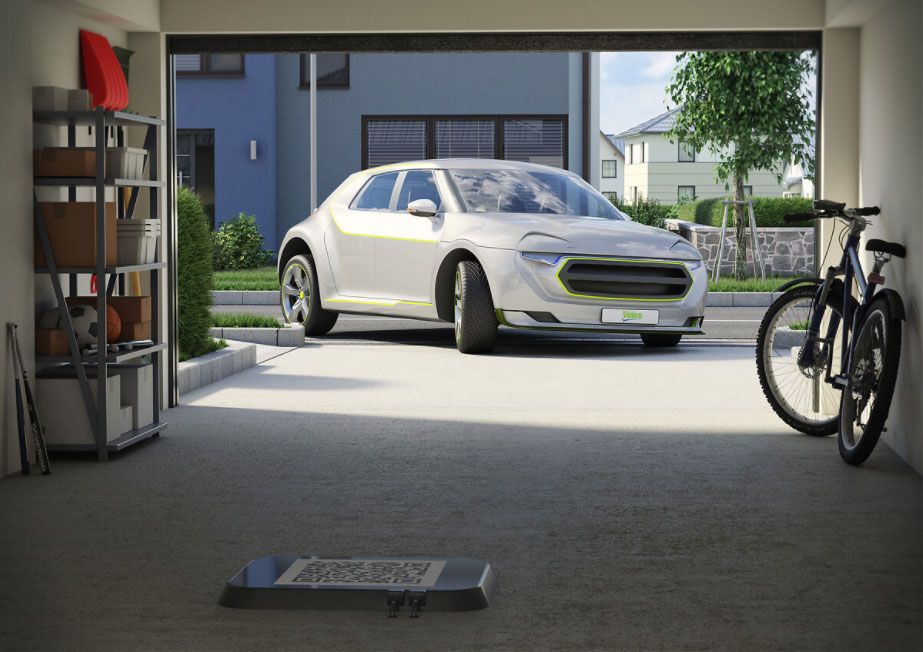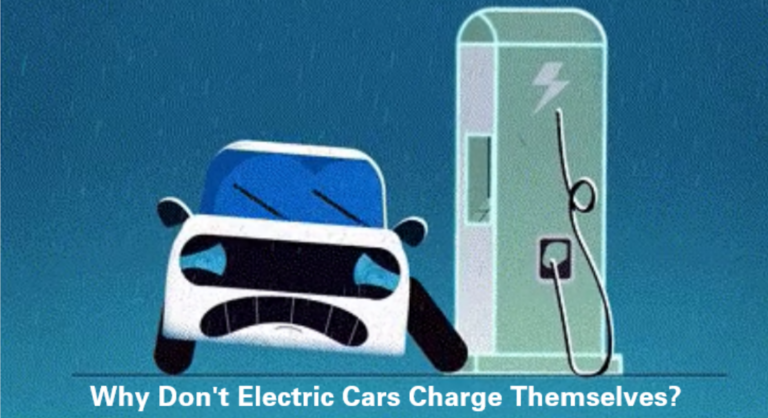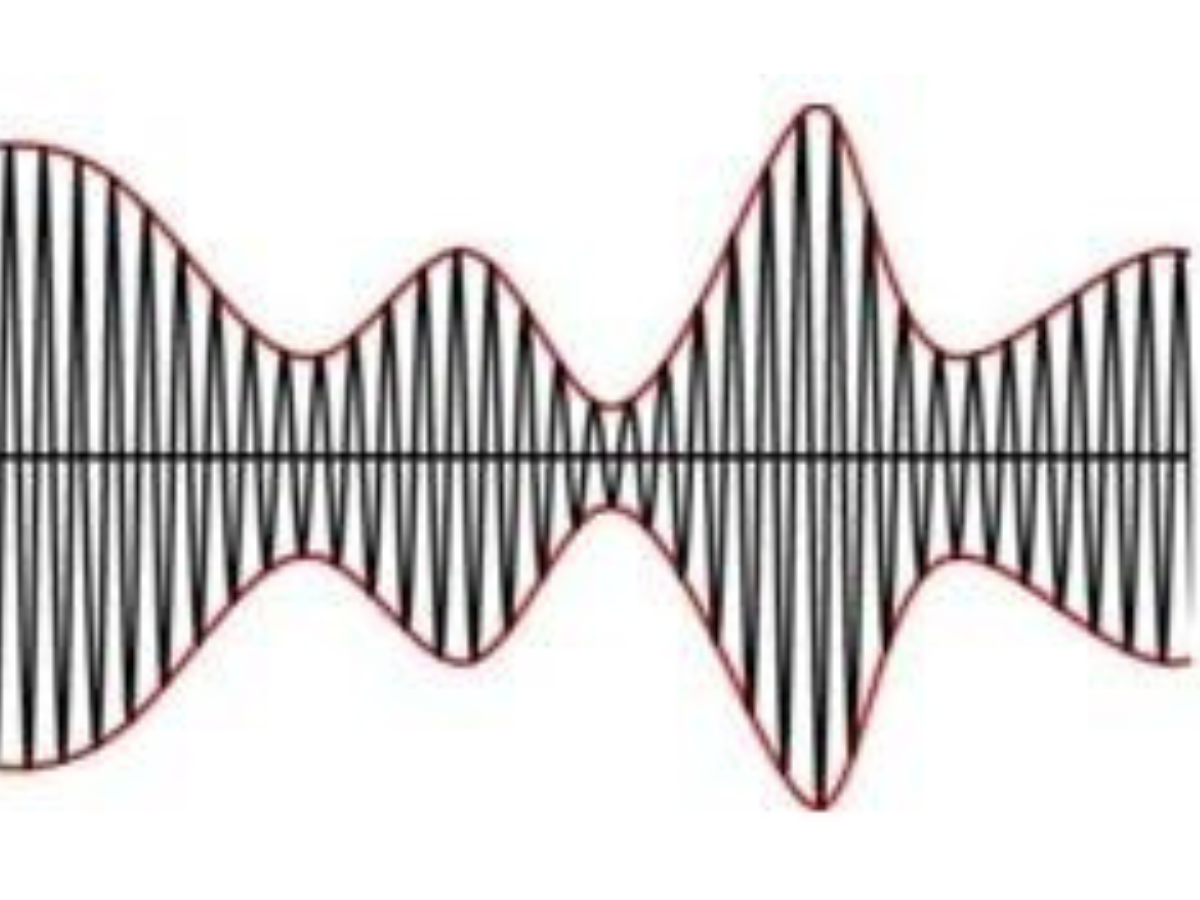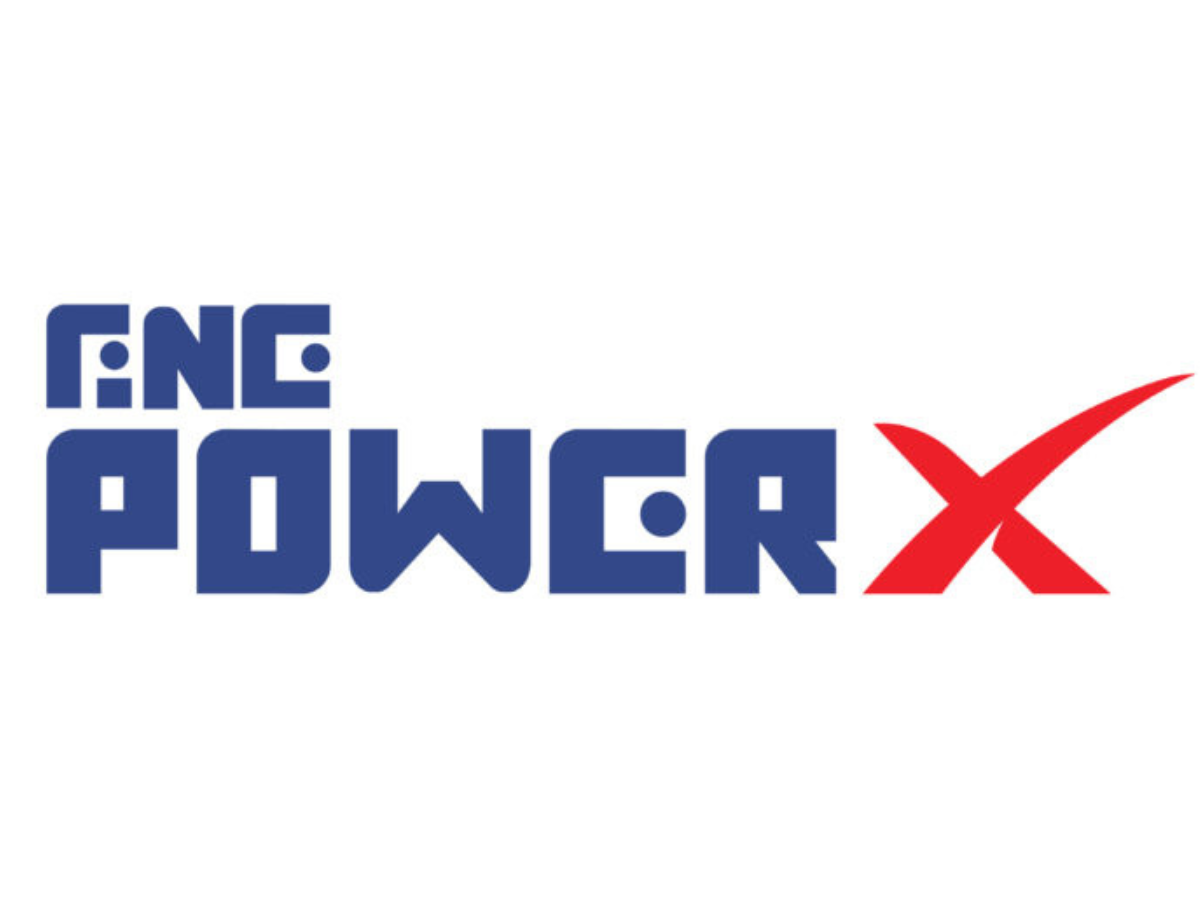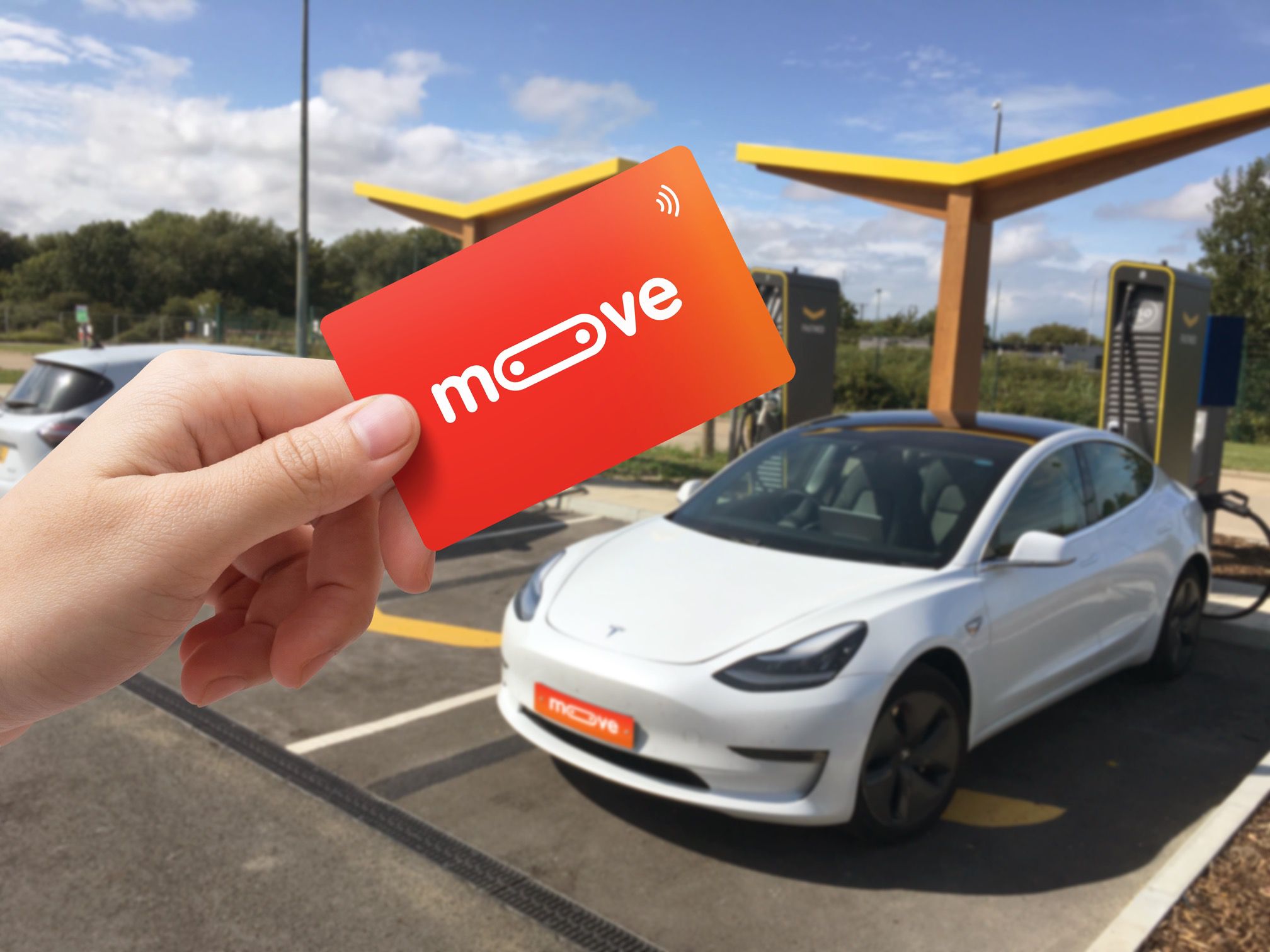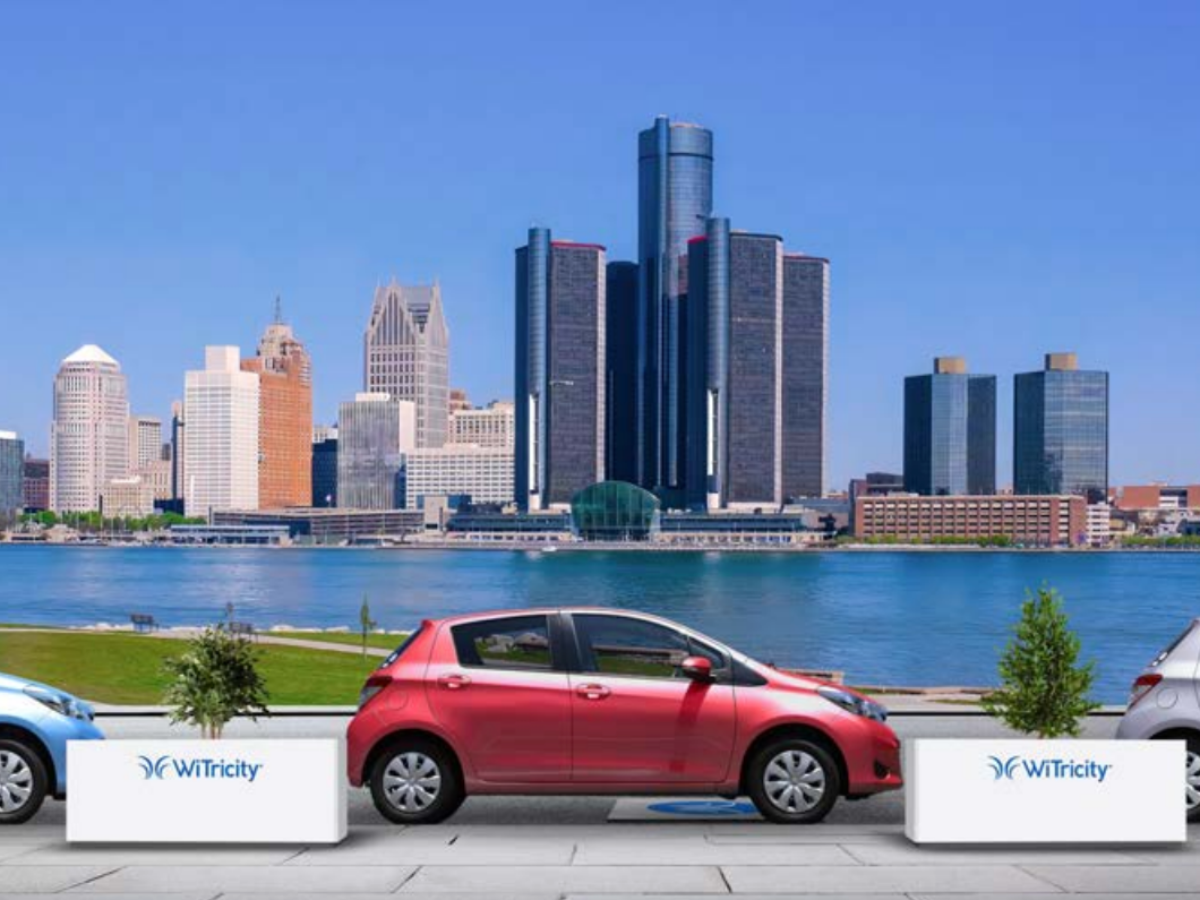Why are Standards Important for the Wireless Charging of Electric Vehicles?
How often do you think about the standards that establish safety? For instance, who determined (and why) that grid electricity will alternate at 50 or 60 times per second (Hertz) no matter where you are? Who decided how long a foot is, or what constitutes an hour of time?

All of these are based on standards – something that’s established by authority, custom, or general consensus as a rule for the measure of quantity, weight, extent, value, or quality. Standards are as old as time and decisions made centuries ago still impact us today. For instance, the division of the hour into 60 minutes and of the minute into 60 seconds comes from the Babylonians who used a sexagesimal (counting in 60s) system for mathematics and astronomy. They derived their number system from the Sumerians who were using it as early as 3500 BC.
As for the “inch,” the old English ynce was defined by King David I of Scotland in about 1150 as the breadth of a man’s thumb at the base of the nail. To help maintain consistency of the unit, the measure was usually achieved by adding the thumb breadth of three men—one small, one medium, and one large—and then dividing the figure by three. During the reign of King Edward II, in the early 14th century, the inch was defined as “three grains of barley, dry and round, placed end to end lengthwise.” As you know, I could go on and on, so let’s get back to how standards impact wireless charging!
In our business, standards are important for wireless charging because they allow companies to create receiving devices that are interoperable with wireless charging transfer devices from other companies. Unlike the variety of plug-in chargers available, standards for wireless charging make it easier for car manufacturers since they only have to deal with one standard when designing wireless charging into their vehicles. It’s also easier for consumers. Standards protect the public’s interest with respect to how a system operates, its safety, and its reliability. Although some regions may adapt standards to their specific region, they tend to be generally global so you would be able to, for instance, wirelessly charge your car throughout Europe, Asia, and the United States without having to worry about which charger to use.
Since everyone tends to take standards for granted, you might think that it’s a bunch of old men in a room who easily and arbitrarily decide what the next standard will be. NO! These days, new standards are agreed upon by many people and national interests over many years, and the discussions can get very intense. In fact, I’ve been in the room when near fist fights broke out and items were thrown across the room! In one instance, two people from two different companies were fighting for their design approach to be the standard and they had to be pulled apart from each other. Now that’s passion! Thankfully, most meetings are professional with outcomes based on solid scientific and engineering data.
In the wireless power industry for electric vehicles, the most relevant standards that are globally accepted are SAE (Society of Automotive Engineers) J2954, IEC (International Electrotechnical Commission) 61980 and ISO (International Organization for Standardization) 19363. These organizations have agreements with each other for automotive applications in order to harmonize the standardization work. While SAE J2954 provides a system-wide standard for EV wireless charging, IEC 61980 only deals with groundside equipment while ISO 19363 deals with the on-vehicle equipment. These standards all work together to ensure global interoperability for wirelessly charging your vehicle.
As a manufacturer/technology provider for wireless power transfer, WiTricity has always been intimately involved in helping to drive the standards for wireless charging. We work to ensure the appropriate standards are feasible and that they use the most up-to-date and relevant technology. WiTricity has provided significant technical know-how and the example designs that have become standards essential.
We want to make wireless charging for EVs something you don’t have to think about – you just park. Standards are part of what will get us there.
This article was originally published by WiTricity.





